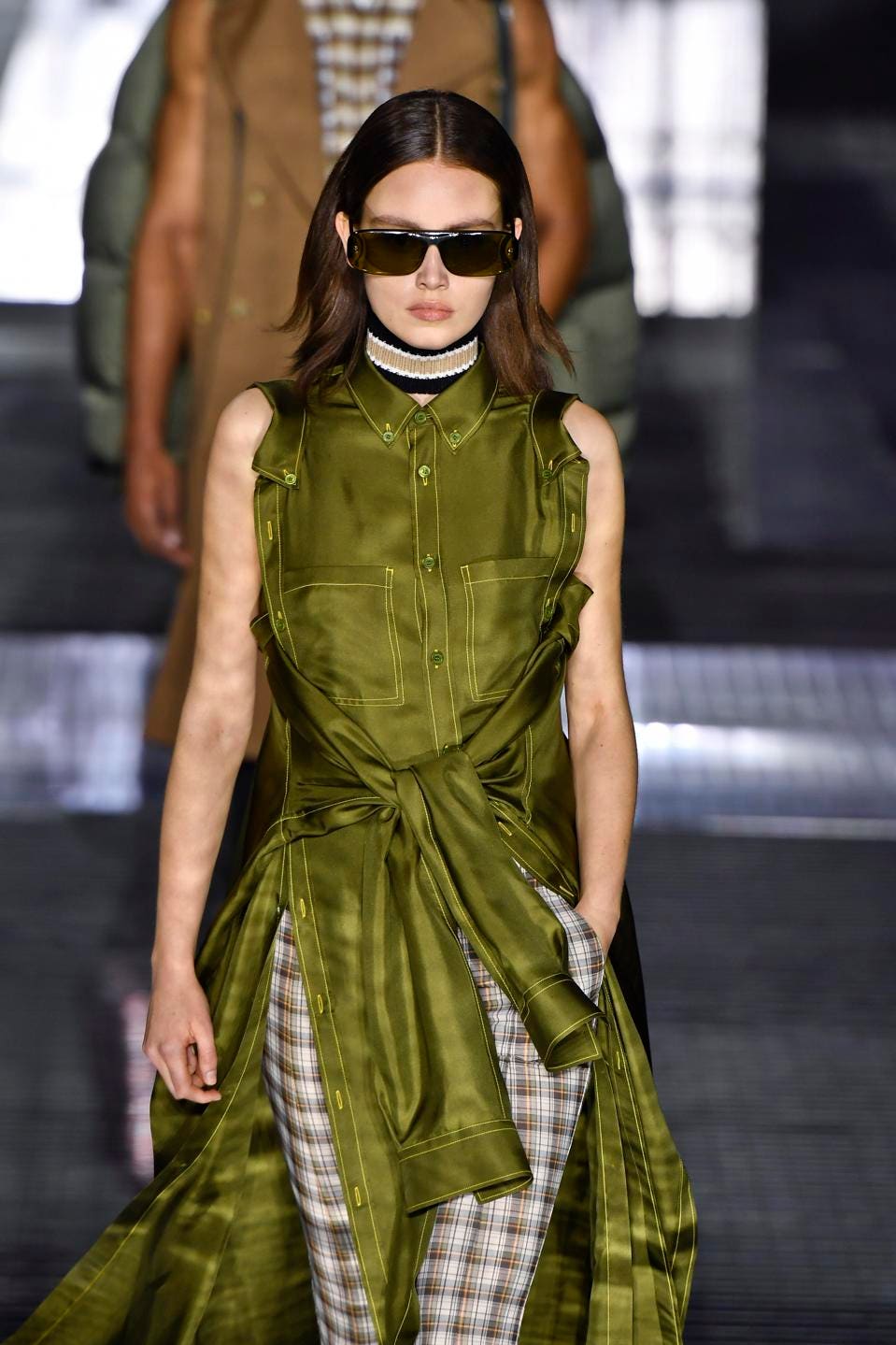
In the realm of consumer behavior, the appeal of luxury goods has always been a fascinating topic. The question that often arises is, Why does luxury feel good? This article aims to delve into the psychological, social, and economic aspects that contribute to the allure of luxury, providing a comprehensive understanding of why luxury feels so good.
Psychological Aspects: The Feel-Good Factor
From a psychological perspective, luxury goods are often associated with high quality, exclusivity, and status. Owning luxury items can boost self-esteem and confidence, as they serve as a symbol of personal success and achievement. This is closely tied to the concept of 'hedonic consumption,' where purchasing decisions are driven by the pursuit of pleasure and personal gratification.
Moreover, luxury goods can also evoke positive emotions due to their aesthetic appeal. The meticulous craftsmanship, innovative design, and attention to detail that characterize luxury items can stimulate sensory pleasure, adding to the overall feel-good factor.
Social Aspects: The Status Symbol
In the social context, luxury goods serve as a powerful status symbol. They communicate wealth, taste, and social standing to others, fostering a sense of belonging among the elite. This social recognition can lead to increased happiness and satisfaction, further enhancing the appeal of luxury.
Economic Aspects: The Investment Value
From an economic standpoint, luxury goods often hold their value over time, making them a sound investment. This perceived value retention can contribute to the feel-good factor associated with luxury, as consumers feel they are making a wise financial decision.
The Role of Branding
Branding plays a crucial role in the allure of luxury. Luxury brands invest heavily in creating a unique brand identity and narrative that resonates with consumers. This narrative often includes elements of heritage, craftsmanship, and exclusivity, which can evoke feelings of nostalgia, admiration, and desire.
The Impact of Digitalization
The digital era has also influenced the perception of luxury. With the rise of social media and influencer marketing, luxury has become more accessible and visible, amplifying its appeal. Consumers can now engage with luxury brands on a more personal level, enhancing their emotional connection and the associated feel-good factor.
In conclusion, the allure of luxury is multifaceted, rooted in psychological, social, and economic factors. The feel-good factor associated with luxury stems from a combination of personal gratification, social recognition, investment value, compelling branding, and digital engagement. As the luxury market continues to evolve, understanding these dynamics can provide valuable insights for both consumers and marketers alike.





